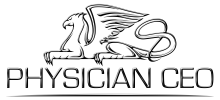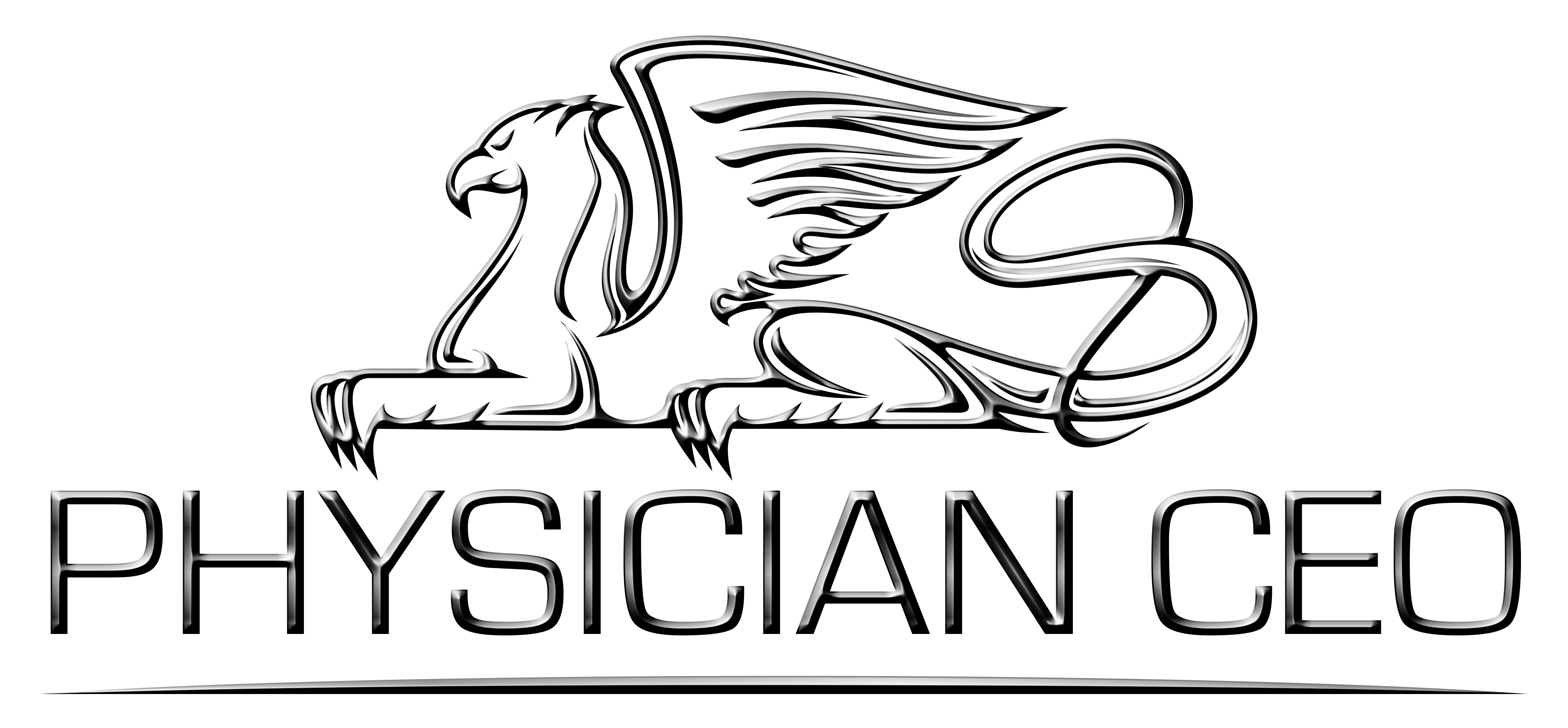The PHYSICIAN CEO® program is developed by SurgiVision® Consultants, Inc. in collaboration with the Kellogg School of Management at Northwestern University, a top-rated business school for executive education. This program is unique in its focus on practice growth. Other programs train physicians to be managers, to run hospitals, and to comply with regulations and billing procedures. The PHYSICIAN CEO® program is different. It is explicitly entrepreneurial and focuses on topics relevant to physician leadership, particularly around private practice and entrepreneurial ventures. Targeted specialties include physicians from both within and outside of the United States in the fields of ophthalmology, plastic surgery, cosmetic dermatology, concierge medical practices, fertility, anti-aging, orthopedics, and other specialty-medicine-based practices.The PHYSICIAN CEO® program provides an intensive, MBA-style experience to train physicians with essential business skills. The program consists of four 5-day “Modules”. Each module is organized around core topics of interest to physicians across all private practice specialties and a variety of entrepreneurial ventures.
In-person, live discussions are an essential component of business education. While an online course might seem to be more convenient, experience shows that there is no substitute for live teaching—especially given the high caliber professors at Kellogg, and the highly qualified participants in this program. Course structure, cases, assignments, and general focus are directly relevant to running your medical practice. Major emphasis is given to strategy, leadership, negotiations, marketing, operations, finance, corporate structures, and legal topics, among others. Modules are designed to match the rapid learning pace of physicians and provide optimal exposure across the key functions of a Lifestyle medical practice. Designed to accommodate the physician’s busy schedule, review the Modules below and join us in this exciting program and become a PHYSICIAN CEO®.
MODULE 1: TRANSITIONING TO A PHYSICIAN CEO®
Transitioning to be a PHYSICIAN CEO® provides the framework around what it means to be a CEO. Led by top faculty who are world renown in their fields, this module distinguishes leadership from management and provides concrete examples of how effective leaders convey vision and develop effective teams. Key topics include:
◊ Insights from successful CEOs on how to lead successful organizations
◊ An in-depth analysis of who creates value in the medical system, and who captures it
◊ Entrepreneurship – what it means, when it works, how to create it
◊ PHYSICIAN CEO® leadership
◊ Negotiate essentials
◊ “Crisis” management
◊ Identifying and creating alliances
◊ Managing cognitive biases
◊ Networks and persuasion
The module combines classroom lectures with extensive discussion, group exercises and a prominent CEO as a guest speaker. Deliverables include the creation of a specific “three dimensions of change” action plan to take back to your practice for immediate implementation. This module sets the stage for those to follow and brings participants well along the journey to implanting change from a CEO perspective.
MODULE 2: POSITIONING YOUR PRACTICE FOR GROWTH
The most successful practices provide specific services to specific populations. This requires a thorough understanding of the market, core competencies and your product offerings.
Kellogg’s contributions in the field of marketing are world renown. This module is presented by some of the most insightful and respected faculty at Kellogg, and the concepts are universal. Topics include:
◊ Consumer insights
◊ Branding
◊ Persuasion
◊ Effective use of data
◊ Leveraging patient-oriented social media
◊ The development of sustainable marketing methods
The best marketing is done through patient referrals, a style of marketing often referred to as “internal marketing.” Developing a strong internal marketing campaign is not free, not is it easy, but doing so positions a practice for sustainable growth and avoids expensive media spends for advertising. Analysis of strong internal marketing programs will be a major focus of this Module.
During this module, participants will evaluate their own marketing and positioning of their practice and will start the process of refining their approach using the concepts presented. Considerations range from your practice’s presence in the community, the patient funnel, alignments, messaging, presentation, communications, staffing, physical plant, location and services, viewed from the rubric of segmentation, targeting, positioning and delivery.
Marketing and positioning are complementary disciplines. This module provides an extensive survey of the critical elements of a successful marketing program, so you can position your practice, or venture, for growth.
MODULE 3: BUILDING A HIGH PERFORMANCE PRACTICE
Many medical practices employ business-as-usual approaches to operations. Oftentimes, patient flow is designed to accommodate administrative needs and staffing limitations. The patient experience may be a secondary concern. In some practices, operational flow may even be haphazard without any design at all.
Operations analysts recognize that operational efficiency translates into profits. Why do bottlenecks occur? When does it make sense to add more equipment and personnel? Is it really necessary for patients to wait? Could the office visit be structured more efficiently? Where is the physician spending time, and would it be better spent doing other things?
On another level, many physicians cannot describe which of their services are most profitable, and which may not be worth offering at all. Many physicians confuse higher-price with higher profitability. This is often not the case. Being able to tie every activity in the clinic to costs and contributions to profitability is an essential skill for every PHYSICIAN CEO®
Medical practices evolve. What might have been optimal last year may no longer work. In a field as dynamic and growing as patient-pay medicine, it is critical to be able to manage change effectively.
This module conveys the CEO approach to optimizing staff, leading highly effective teams, and evaluating practice operations. It will explain how to assign costs to each activity so you can understand where you are making money and where you are not. In- depth discussions about the CEO’s role in change management and optimizing the utilization of staff are presented by highly experienced CEOs using real-world examples.
Specific topics include:
◊ Aligning operations with practice strategy
◊ The PHYSICIAN CEO® as a coach
◊ Procedure pricing models
◊ Leading highly effective teams
◊ Strategic talent management
◊ Integrating information technology into the patient experience
◊ Maximizing your operational effectiveness
◊ The CEOs role in decisive change management
During this Module, each participant will develop specific understanding about the costs and profitability of their most common services, and develop specific strategies to improve the operations of their practices.
MODULE 4: MAXIMIZING THE VALUE OF YOUR PRACTICE
Every PHYSICIAN CEO® should have a confident understanding of accounting and finance. While it is not necessary to be an accountant or have the skills of a CFO, the CEO should understand the language of finance, be able to interpret financial statements and monitor all the financing and accounting activities in the practice.
This module provides a focused overview of the financial concerns of a medical practice. The major financial statement (income statement, balance sheet, cash flow statement and statement of shareholder’s equity) are examined, with practical approaches about how to interpret them. Participants learn how to evaluate profitability, identify trends, spot vulnerabilities, make financing decisions and decide on investment decisions, all toward the goal of equipping the PHYSICIAN CEO® to oversee practice finances.
Module 4 also evaluates the pros and cons of patient financing options, provides an overview of how medical practices are valuated and how practice value can be enhanced, and presents the various business structures for building associations between practices.
Specific topics include:
◊ Reading financial statements
◊ Interpreting financial statements
◊ Evaluating investment decisions
◊ Evaluating financing decisions
◊ Approaches to oversee your practice finances
◊ Patient credit strategies—costs, risks and opportunities
◊ Valuing a practice and strategies for enhancing practice valuation
◊ Roll ups, franchises and IPOs
◊ Legal constraints and opportunities
As the culmination of the PHYSICIAN CEO® program, Module 4 devotes a significant portion of time to presentations of the “1, 3 and 5 year Plans for Growth” by the program participants, with group input and feedback.
EXECUTE YOUR VISION. GROW YOUR PRACTICE
PHYSICIANS WHO COMPLETE THE PHYSICIAN CEO® PROGRAM WILL:
◊ Be able to oversee their practice, including marketing, finance, operations, personnel, contracts, and other key administrative areas
◊ Become empowered as leaders, and appreciate the impact that your leadership style has on your practice to ensure that the whole organization is aligned behind your vision of the future
◊ Recognize your competitive situation and formulate strategies that will allow you to survive and thrive
◊ Bring an entrepreneurial focus to your practice growth
◊ Negotiate win-win agreements with suppliers and customers
◊ Lead collaborative teams in order to solve problems and create new innovations
◊ Create and manage strategic alliances with other businesses
◊ Build and leverage your network
◊ Develop a confident understanding of financial statements and have a framework to evaluate investing, financing and operational decisions
◊ Analyze your practice to understand the costs and benefits of each service
THE PHYSICIAN CEO® 2028 PROGRAM
Due to the scheduled demolition and complete structural removal of the James L Allen Center
(Home of Executive Education, Kellogg School of Management at Northwestern University)
the PHYSICIAN CEO® program will resume programming upon the opening of the new building building,
anticipated to be approximately January of 2028.
Program Consists of All 4 Modules


